No, British Muslims were not the ‘real victims’ of 7/7
Two decades on, Islamist extremism remains a far more urgent threat than so-called Islamophobia.
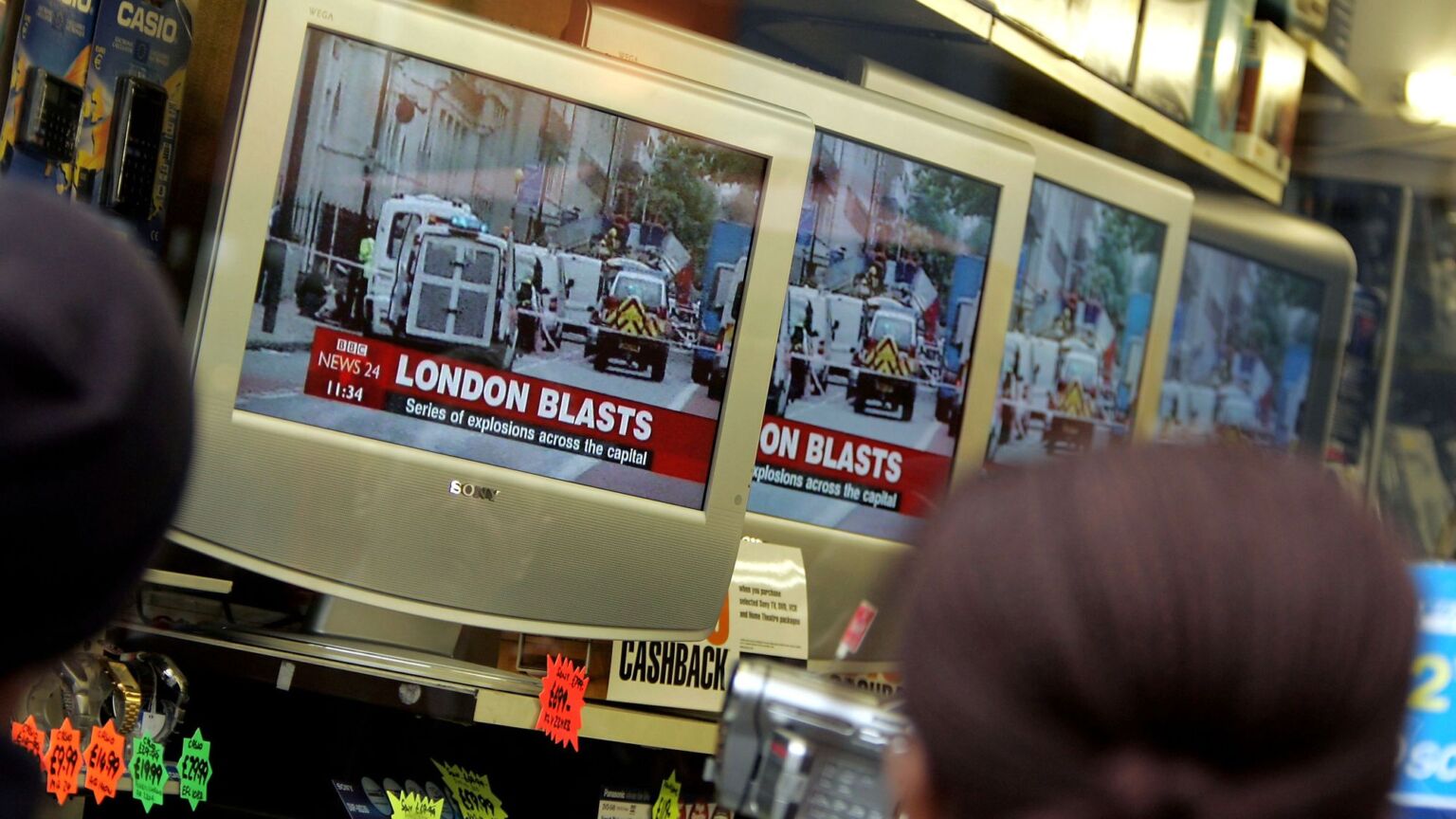
Want unlimited, ad-free access? Become a spiked supporter.
Today marks the 20-year anniversary of the most lethal terrorist attack on British soil of this century so far: the 7/7 London Bombings. It was the first Islamist suicide attack in the UK, and the deadliest act of terror since the 1988 Lockerbie bombing. Even though I was a 15-year-old schoolboy at the time, I remember the 7/7 attacks as if they were yesterday. Fifty-two people were murdered, with a further 784 injured, by four jihadists: Mohammad Sidique Khan, Shehzad Tanweer, Shehzad Tanweer and Germaine Lindsay. Three were British-born sons of Pakistani Muslim migrants, with the other being a Jamaica-born convert to Islam.
Today should not only be a day of remembrance, but also a timely reminder of the threat that continues to be posed by Islamist extremism – the principal terror threat the UK faces. Despite recent claims to the contrary, this is clearly borne out by the available data. The overwhelming majority of suspects on MI5’s terror watchlist are jihadists. The number of Islamist extremists on the watchlist – in the region of 40,000 – constitutes as many as one in a hundred Muslims in the UK. According to recent government figures, roughly two in three prisoners in custody for terrorism and terrorism-connected offences are Islamic extremists. The sheer scale of Britain’s Islamic-extremism problem was reinforced in January, when the United Arab Emirates placed eight UK-based organisations on its local terror list due to their alleged links with the Muslim Brotherhood, a Sunni Islamist organisation.
Yet instead of acknowledging the gravity of the Islamist threat in the UK, and challenging their own communities to repel Islamism, some Muslim identitarians have used the 20th anniversary of 7/7 to essentially pose as the ‘real’ victims of this atrocity. In a piece in the Guardian, Leeds-based imam Qari Asim is quoted as saying that ‘the emotional and social toll of 7/7 on Muslim communities was profound and is felt by many to this day’.
Similarly, Shabna Begum, the chief executive of the Runnymede Trust, an anti-racism think-tank, says that since 7/7, ‘Muslim communities have generally faced this kind of real culture of both being perceived as a threat and being perceived as outside the main body of who is to be British’. In the article, Begum also bemoans the extension of counter-terrorism powers in the wake of the atrocity, which she claims have been used to target Muslims unfairly.
The truth is that, far from deliberately victimising British Muslims, there is strong evidence that the authorities are fearful of being accused of ‘Islamophobia’ when dealing with those at risk of Islamist radicalisation. This is undoubtedly why there is such a mismatch between the ideological composition of cases referred to Prevent, the UK government’s counter-radicalisation scheme, and the wider terrorism picture. Cases of right-wing radicalisation referred to Prevent have, in recent years, significantly outnumbered Islamist-related referrals, despite the scale of the Islamist threat being significantly larger.
This narrative that British Muslim men have faced uniquely heavy-handed treatment from the police since 7/7 surely unravels further when one considers the grooming-gangs scandal. Gross institutional failures to prosecute perpetrators of some of the most heinous crimes imaginable, in places such as Manchester, Rotherham and Telford, were partly driven by fears that intervening too forcefully would appear racist.
Arguing that the British state is aggressively anti-Muslim is a hard sell. If anything, in our era of two-tier justice, it would not be unreasonable to argue that minorities, including Muslims, are often the beneficiaries of preferential treatment from the British authorities.
For all its flaws, Britain is a great place to live as a Muslim. It has considerable political, economic and religious freedoms, as well as some of the strongest anti-discrimination protections on the grounds of race, ethnicity and religion. We should root out all forms of targeted violence, intimidation and harassment in British society – including that aimed at law-abiding, civic-minded Muslims. But British Muslim communities should also do their bit to address Islamist extremism. Even when it does not lead to terrorism, Islamist ideology has influenced comparatively high levels of anti-Semitism among British Muslim communities, honour-based violence against women and girls, and violent hatred towards the Ahmadiyya community, a minority Muslim sect. We can’t claim to stand against hatred, if we ignore the hatred that’s fomented by Islamism.
The 20-year anniversary of the London Bombings ought to remind us of the urgency of tackling Islamist extremism. It should not be an excuse to peddle questionable narratives of Muslim victimhood and religious grievance politics.
Rakib Ehsan is the author of Beyond Grievance: What the Left Gets Wrong about Ethnic Minorities, which is available to order on Amazon.
You’ve read 3 free articles this month.
Support spiked and get unlimited access.
Help us hit our 1% target
spiked is funded by readers like you. It’s your generosity that keeps us fearless and independent.
Only 0.1% of our regular readers currently support spiked. If just 1% gave, we could grow our team – and step up the fight for free speech and democracy right when it matters most.
Join today from £5/month (£50/year) and get unlimited, ad-free access, bonus content, exclusive events and more – all while helping to keep spiked saying the unsayable.
Monthly support makes the biggest difference. Thank you.

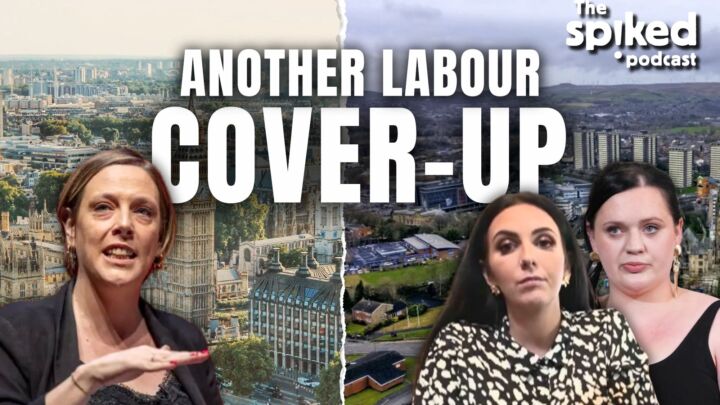

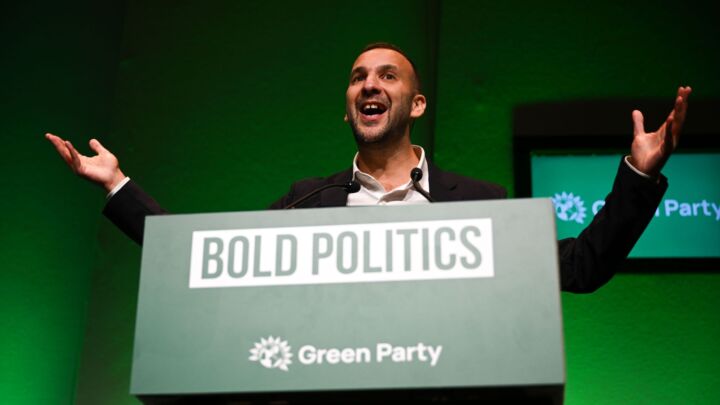
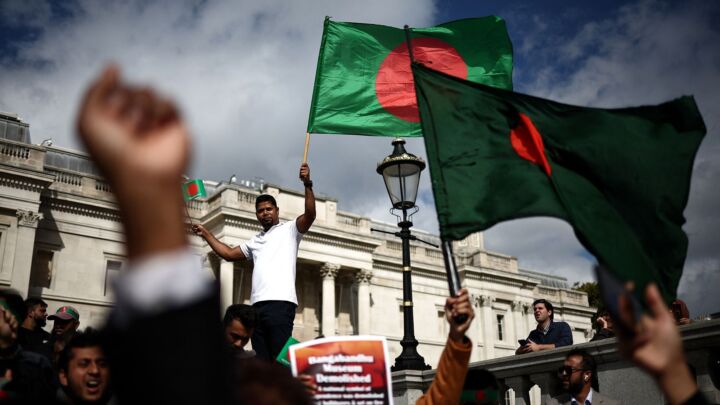
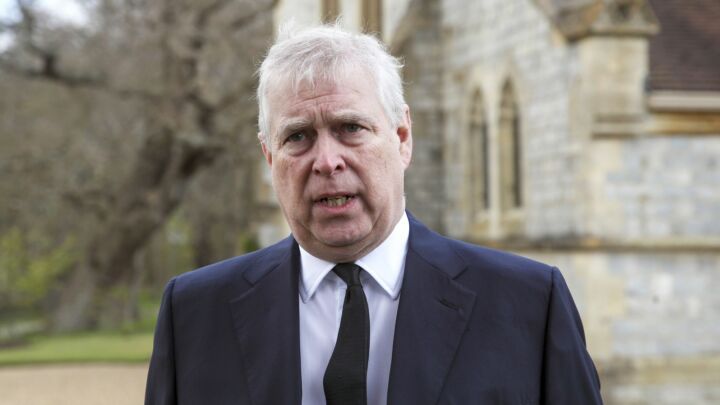
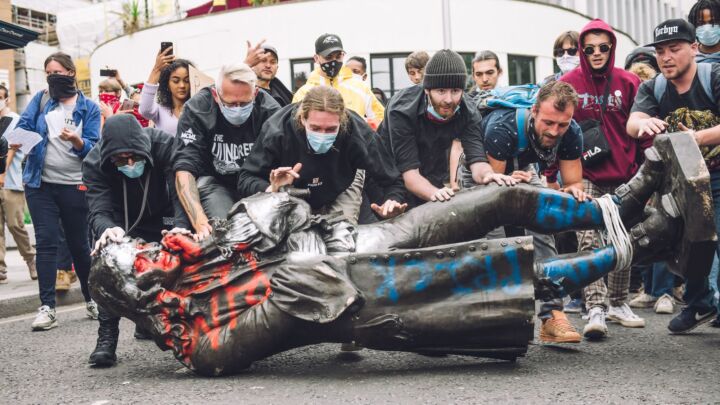
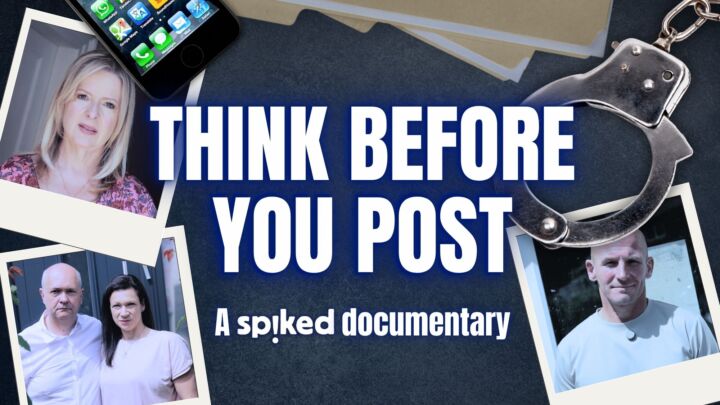


Comments
Want to join the conversation?
Only spiked supporters and patrons, who donate regularly to us, can comment on our articles.